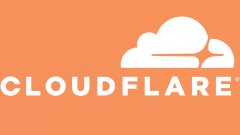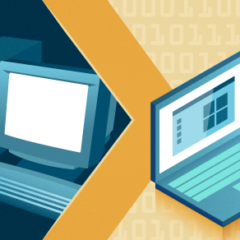Cloudflare Sued For Failing to Terminate 99 ‘Repeat Copyright Infringing’ Sites
When copyright holders feel they have exhausted all options to have websites stop their allegedly-infringing activities, there is a growing trend to move further up the chain. Sites now regularly have copyright complaints filed against their hosting companies and domain registries, for example, demanding that they take action to prevent contentious behavior. Since millions of websites now use Cloudflare’s services, that makes...
The Pirate Bay’s Seeded ‘Archive’ Grows to 2.5 Petabytes
This year, The Pirate Bay will celebrate its 17th anniversary. That’s quite an achievement for any website but particularly for a pirate site when considering the mounting legal pressures. Over the years The Pirate Bay has certainly weathered a few storms. There were raids, technical problems, and hosting complications, but the site has always returned. This year it even regained its position as the most popular torrent site of...
6 requirements of cloud-native software
For many years, monolithic applications were the standard enterprise architecture for achieving business requirements. But that changed significantly once cloud infrastructure began treating business acceleration at scale and speed. read...
Automating the creation of research artifacts
In my work as a programming language researcher, I need to create artifacts that are easy to understand and well-documented. To make my work easier, I found a simple way to automate generating source code documentation, creating HTML and PDF versions of user documentation, compiling a technical (research) document to PDF, generating the bibliography, and provisioning of virtual machines with the software artefact installed for ease of...
Detecting CPU steal time in guest virtual machines
CPU steal time is defined in the GNU top command as “time stolen from [a] VM by the hypervisor.” CPU steal time occurs when a hypervisor process and a guest instance are trying to utilize the same hypervisor physical core (pCPU) at the same time. This results in less processor time available to the guest’s virtual CPU (vCPU) and performance degradation for the guest. read...





